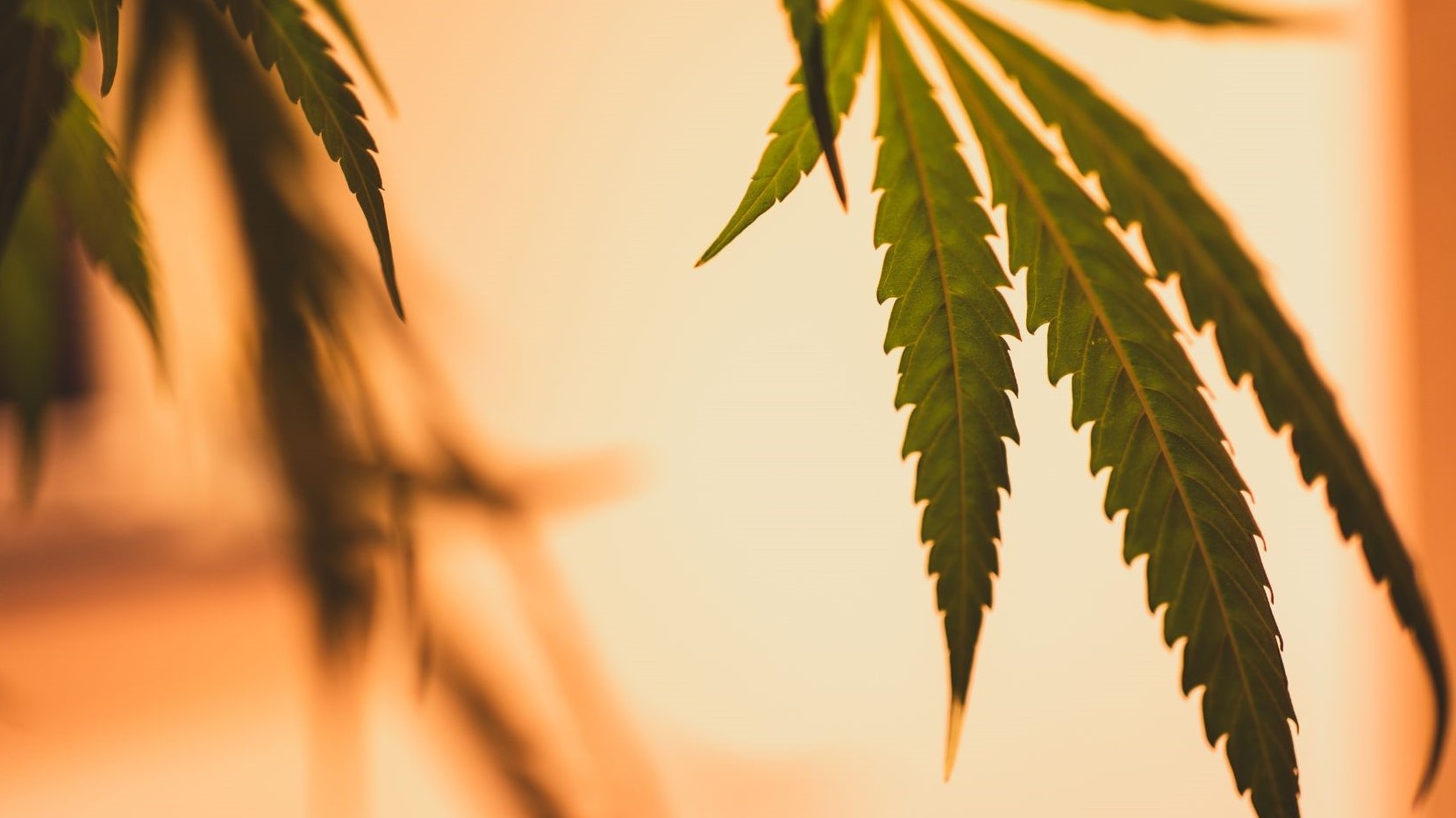This little plant has the potential to revolutionize industries from textiles to construction, but it’s constantly getting a bad rap because of some truly terrible hemp products on the market.
You’ve probably seen them: that hemp lotion that feels like rubbing sandpaper across your skin, or maybe the hemp shirt that shrank down to Barbie size after one wash. You try one of these products, and suddenly, hemp seems like a scam. And that’s where the misunderstanding begins.
First, let’s give hemp the recognition it deserves. Hemp is an agricultural powerhouse. It can be turned into clothing, food, paper, plastic alternatives, even building materials. It’s sustainable, grows fast, and uses far less water than cotton or other traditional crops. Oh, and it also sucks CO2 from the atmosphere like a vacuum on steroids.
Sounds amazing, right? So why is hemp treated like the weird cousin at family gatherings? The answer: bad hemp products.
It’s not hemp’s fault, honestly. Hemp’s rise in popularity came in hot, especially after the 2018 Farm Bill made it federally legal to grow and process hemp in the U.S. Suddenly, everyone and their grandmother were getting into the hemp business. The problem is that some of these products, to put it mildly, were… not great.
You’ve got hemp protein powder that tastes like you’re chewing a haystack. Hemp CBD oil with a flavor profile of soggy grass clippings. Don’t even get me started on hemp jeans that could double as exfoliation devices. These subpar products have left consumers scratching their heads (and sometimes their irritated skin), wondering why hemp is being hyped as the next big thing when it often feels like a letdown.
The truth is, hemp has incredible potential, but not every product that slaps “hemp” on the label deserves your hard-earned dollars. Like any industry, there are the trailblazers and the bandwagon-jumpers. The bandwagon-jumpers are the ones flooding the market with products that, quite frankly, give hemp a bad name. It’s the equivalent of getting a store-brand cereal that tastes like cardboard and swearing off cereal forever.
Here’s the thing: good hemp products do exist. And when they’re done right, they’re phenomenal. Hemp fibers are some of the strongest in the plant kingdom, which is why quality hemp fabrics can last for years, softening with age like your favorite pair of jeans. Hemp seeds are a nutritional powerhouse, loaded with healthy fats, protein, and minerals. Hemp-based bioplastics are genuinely making waves in the effort to cut down on petroleum-based plastics. The list goes on.
Of course, we can’t talk about hemp without mentioning CBD, the compound everyone suddenly became obsessed with. CBD is derived from hemp, but it doesn’t get you high (sorry, no party tricks here). It’s been hailed as a natural remedy for everything from anxiety to chronic pain. But here’s where the misunderstanding really blossoms: the CBD market is full of… questionable products. Poorly made CBD oil, weak tinctures, mislabeled dosages—it’s like the Wild West out there.
And when people try these dodgy CBD products and don’t get the results they’re expecting, they blame hemp. “CBD is a scam,” they say. “Hemp products are useless.”
But that’s like trying to run a marathon in flip-flops and then swearing off running forever. The problem isn’t the running—it’s the flip-flops. Similarly, the problem isn’t hemp—it’s the shady products.
Let’s be clear: hemp itself is not the problem. If anything, hemp is the superhero we’ve been ignoring because we’ve had a few bad experiences with its cheaper, poorly-made knockoffs. When cultivated and processed properly, hemp can change the game in so many areas: sustainable agriculture, renewable materials, health, and wellness.
The hemp industry is still relatively young and is going through some growing pains. Right now, it’s like the awkward teenager with acne and braces. But with proper regulation, better education, and companies dedicated to quality rather than cashing in on a trend, hemp could be strutting down the runway like a supermodel in no time.
So, what’s the takeaway here? Next time you try a hemp product and it feels like a disappointment, don’t write off the whole industry. Do a little research, find reputable brands, and try again. Whether it’s a comfy, eco-friendly hemp hoodie, a high-quality CBD tincture, or hemp-based biodegradable packaging, the good stuff is out there.
Hemp is like that awkward friend who makes terrible first impressions but ends up being a rock star once you get to know them. Don’t give up on it just because of a few bad apples (or scratchy hemp sweaters). Give hemp another chance—it might surprise you.
Besides, who wouldn’t want to support a plant that can literally help save the planet?
Photo by Andre Taissin from Pexels




